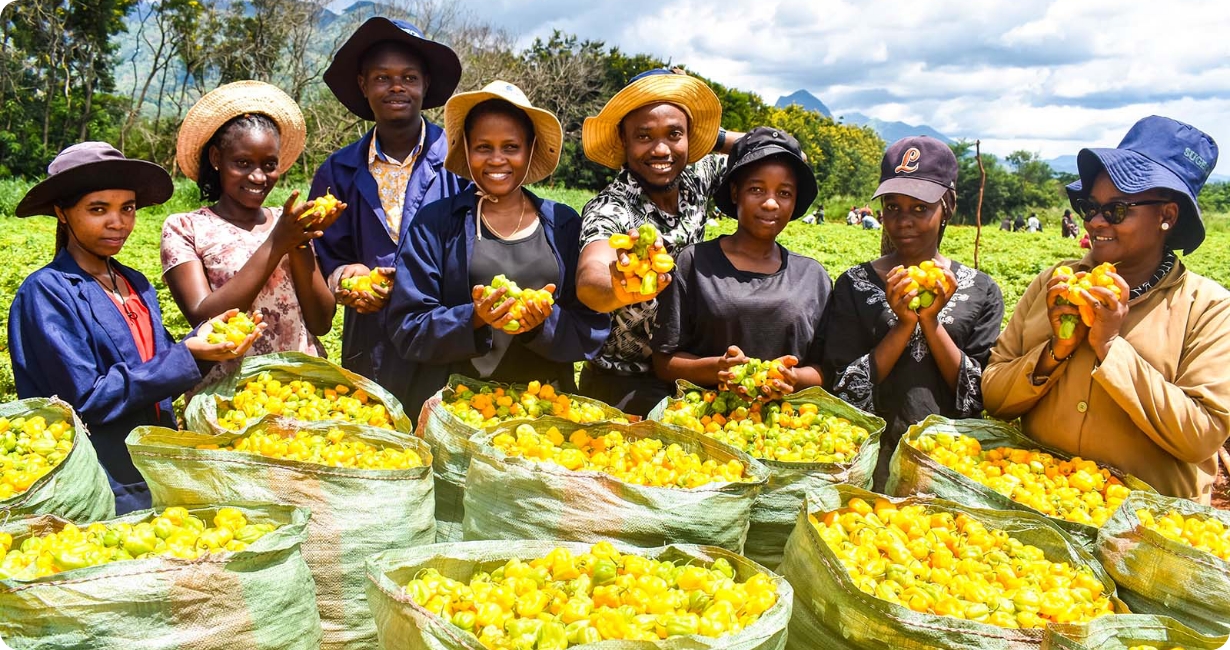On a mission: advancing women’s rights in Myanmar
Récits

A run-down colonial-style wooden building in the city of Dawei is hiding something special. Inside is the only safe house for women and girls fleeing forced prostitution and sexual and domestic violence in Myanmar’s Tanintharyi Region. Opened in 2016 and operated by the Tavoyan Women’s Union, the shelter provides survivors a place to live and assistance with food, counselling, referrals and support to pursue their cases in court.
“These women are on a mission to achieve equality,” said Cuso International volunteer Katherine Chong, who served as a legal advisor with the union.
Last year, the safe house provided refuge to at least 17 women and girls fleeing violent situations, as well as free legal services to 49 women and girls for cases involving rape, domestic violence, human trafficking, kidnapping and runaways.
The union assists clients with legal services, such as the funding to hire lawyers and the cost of transportation to and from court, said Aly Pang, Cuso International volunteer and gender advisor for the women’s organization.
“Many women lack the resources to navigate the legal system,” she said. “To even travel from their village to Dawei costs many women a week’s salary.”
During her 10-month placement, Aly analyzed legislation from a gender rights perspective and developed a program to teach shelter clients skills such as sewing and crafting.
“We found there were a lot of women and girls waiting for their court cases without much to do,” she said. Learning new abilities is giving the women a sense of independence, the skills to pursue employment and the tools to become leaders in their communities.
Lwin Lwin Hlaing is one of the many success stories. Now a women’s rights program manager with ActionAid-Myanmar, she leads several projects, such as urban safety for women and campaigning to increase gender-responsible public services.
Fighting a lack of inclusion
The construction of a major sea port and industrial zone in Dawei is posing serious issues for residents. There have been forced evictions with little or no compensation, pollution of the air, land and water, and little to no consultation with those who are affected, said Katherine.
“There is consistently a lack of women’s participation in these processes,” she said.
While men stand to benefit with increased employment opportunities, women are rarely considered for hard labour jobs and may suffer adverse effects, Aly explained. “Young women are at risk of being trafficked with the massive influx of foreign workers. There will be a lot of single men arriving in the area and there could be an increase in illegal sex work. Female farmers are also being displaced.”
The Tavoyan Women’s Union, however, is continuing to push for equal access to project information and to be included in discussions on community solutions throughout the negotiation process. It continues to encourage women to get involved in politics and lobby for legislative changes to include women’s ideas and perspectives in all decision-making processes.
“It would be dangerous to underestimate the strength and will of these women,” said Katherine. “They have a passion and commitment to protect their families and the rights of their Tavoyan sisters, mothers, daughters and children.”